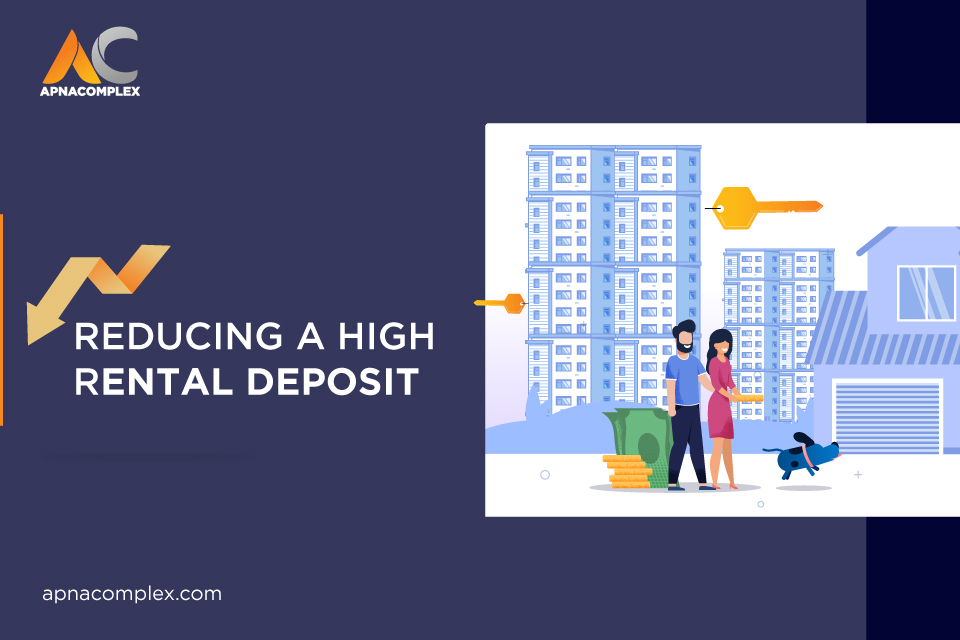Selling Kidneys, Jewelry – How People are Arranging for a Rental Security Deposit
Product News apartment tenants, rental agreements, rental management, security deposit, security deposit from tenants, security deposit refund, tenant lease, tenant verification, tenantsFor those searching for a home in cities like Mumbai and Bengaluru, rising rents are just one part of the problem. As landlords get to take their pick, the more immediate concern seems to be finding the funds to pay their security deposit. Recently, a funny post surfaced on social media where a user joked about selling a kidney to pay his security deposit.
This may be an exaggeration, but as rents shoot up, rental deposits have also gone through the roof. As bulk payment, it can pose a bigger problem for tenants in the short term. Hence, it’s important to understand the laws and customs that dictate how much security deposit can be charged.
Booming rentals and rising deposits
Rents in the top 7 cities in India have gone up by 20-30% in the last two years. As per an ANAROCK report, rents are expected to continue with an upward trend in 2023. This is good news for landlords who had seen rents lying static for two years during COVID.
The tide started turning in 2022 as offices and schools started opening up as our article explores here. Booming rents mean that security deposits are also becoming substantial. There are reports of landlords asking for six to ten months of rental deposits, driving up the total amount in lakhs. This has prompted the spate of jokes on impossible payments.
What does the law say?
Are these heavy security deposits justified? With landlords demanding six to ten months of rent as a security deposit, many tenants are now questioning the ground for such high deposits. In this situation, it is prudent to know the rules and regulations dictating this amount.
Where the law is concerned, rental security deposits fall under the Model Tenancy Law Act, 2021. As per the act, the deposit amount is capped at two months’ rent for residential property, and at six months’ rent for non-residential premises. However, since Land and Urban Development is a state subject, the act is not binding on the states. Currently, only four states are following the act. These are Uttar Pradesh, Tamil Nadu, Andhra Pradesh, and Assam.
In practice, the amount of rental security deposits is usually decided by the micro market customs. One can read more about the rental security deposit in our detailed article here.
How to manage a high rental security deposit?
A rental security deposit is aimed at creating a safety net for landlords. It is a refundable deposit that the landlord has to pay back at the end of tenancy or as specified in the rental agreement. The deposit can be deducted to recover any unpaid rent arrears, pay for repairing any damage to the property, or for any other fee as specified in the rental agreement. Tenants can manage high rental deposits through the following means:
Negotiations: Negotiate with the landlord to reduce the deposit. Point out that the law specifies two months.
Establish trust. Since the purpose of the deposit is to protect the landlord against any loss or damage to the property, start by establishing yourself as a trustworthy tenant. Make sure all the relevant information and references are at hand.
With ApnaComplex: Get professional help in reaching out to landlords with ApnaComplex. Our dedicated Estate Portfolio Managers can help you to:
- Know about micro-market customs.
- Get negotiation support when dealing with the landlord.
- Establish trust through ApnaComplex background check and KYC
- Make sure there is a rental agreement in place.
If you want to know more about ApnaComplex Rentals, visit realty.apnacomplex.com or write to us at rentals@apnacomplex.com.
